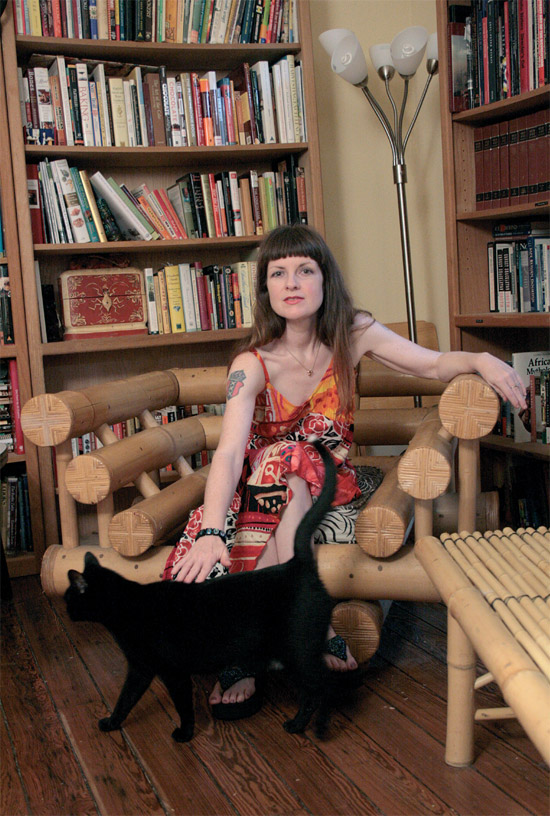
FYI.
This story is over 5 years old.
Poppy Z. Brite Is The King/queen Of New Orleans
Poppy Z. Brite’s early novels are full of vampires, angsty teenagers, and other beautiful, tortured creatures, often sexually ambiguous and with varying shades of flaxen, crimson, or raven hair, tangled and blowing in the hot wind. Her first two novels...
